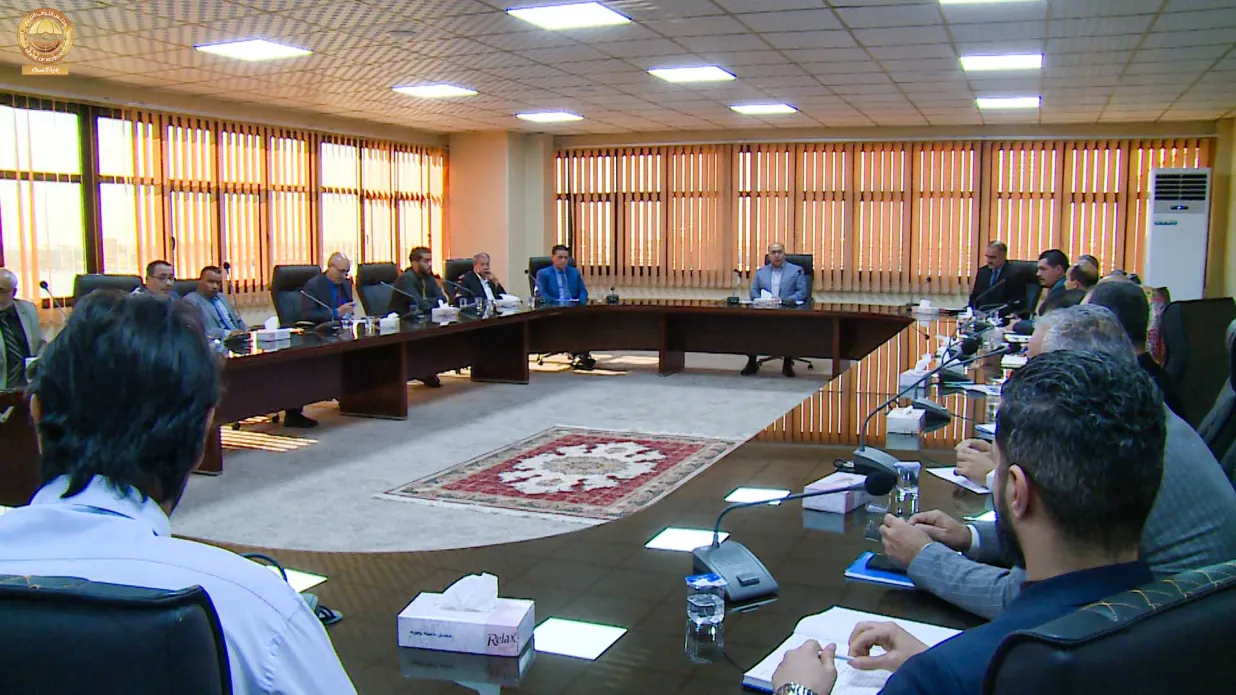Libyan Parliament agrees with UN on government formation, elections
The upcoming government will have a timeframe of eight months to organize the elections.
-

(website of the Libyan Parliament)
The Libyan parliament, as reported by the Speaker of the House of Representatives Aguila Saleh on Thursday, has reached an agreement with the head of the United Nations Mission in Libya (UNSMIL) Abdoulaye Bathily regarding the subsequent actions in the process of government formation and election organization.
"The recent meeting with Special Representative of the Secretary-General for Libya and Head of the United Nations Support Mission in Libya Abdoulaye Bathily was very positive and we agreed on the next steps to form a government and hold elections. It is necessary to take practical measures in this direction by the end of December," Saleh said.
The speaker further emphasized the importance of establishing a government before conducting elections. According to Saleh, the upcoming government will have a timeframe of eight months to organize the elections.
"The new government will be given a period of eight months. It will be small and its specific tasks will be to complete the electoral process, thus eight months will be enough for holding elections," Saleh said, adding that some changes in the timetable might occur due to circumstances.
Read more: Libya eastern parliament: Immediate departure of West's ambassadors
Rife divisions
Khalifa Haftar launched an attack on Tripoli and the Western-based government in 2020, backed by the House of Representatives in Tobruk.
After the assault, Abdulhamid Dbeibah became interim prime minister, leading the internationally recognized Government of National Unity (GNU) with a commitment not to seek re-election. In 2021, anticipated national elections did not occur, and Dbeibah refused to step down.
The Tobruk House of Representatives accused the Tripoli-based GNU of failing to unify the country, leading to a prolonged standoff.
Recently, UN envoy Bathily signaled a shift, working with key figures, including Dbeibah and Haftar, to explore a negotiation for a new interim government.
Some experts express concerns that creating a new interim government might diminish incentives for holding elections.
Read more: Libya passes a law criminalizing normalization with 'Israel'

 2 Min Read
2 Min Read








